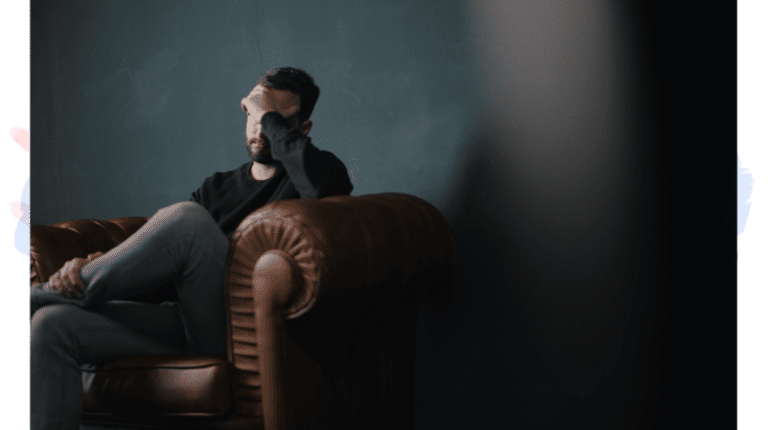What are phobias?
According to the latest manual of clinical psychological diagnosis (DSM – V), a phobia is an intense and irrational fear of a specified object or situation. The phobic object or situation is avoided or endured with intense fear or anxiety.
It is also included among the anxiety disorders and is quite common in the general population. People do not usually ask for help until their phobia prevents them from going about their daily life normally.
Although there are many studies about this type of difficulty, its origin is not so clear, especially in the case of complex phobias. Some people place the origin in an unpleasant or traumatic experience throughout life – childhood, above all – but in general what happens is that the person may feel that he is in a dangerous situation from which he can not escape, and this leads to a phobia. Over time, this fear may spread to situations other than the original.
What types of phobias are there?
The most common types of phobias are:
Specific phobias an irrational, marked and persistent fear of an object or situation (blood, injuries …)
Social phobia (social anxiety disorder) Fear or anxiety about social interactions, as well as interactions with unfamiliar people or situations. A lot of discomfort may arise when the person feels judged or examined. Specific concern is given to being judged, embarrassed, humiliated, rejected or offending others.
Agoraphobia fear of open spaces, of being in a crowd or in situations where escape might be difficult.
What are the main symptoms?
Even the person with a phobia may recognize that his or her fear is irrational or exaggerated, but feel unable to control his or her feelings on the spot. Some of the most common symptoms are usually:
- Sweating.
- Dizziness, headache.
- Abnormal breathing,
- choking sensation, hyperventilation…
- Rapid pulse.
- Hot flashes or chills.
- Nausea.
- Chest pain or pressure.
- Upset stomach.
- Dry mouth.
- Pain or blockage of some muscles.
- Confusion or disorientation.
What are the main causes of phobias?
Although there are many studies about this type of difficulty, its origin is not so clear, especially in the case of complex phobias.
There are those who place the origin in an unpleasant or traumatic experience throughout life but, in general, the person may feel that they are in a dangerous situation from which they cannot escape and this can create a phobia. Over time, this fear may spread to situations other than the original.











